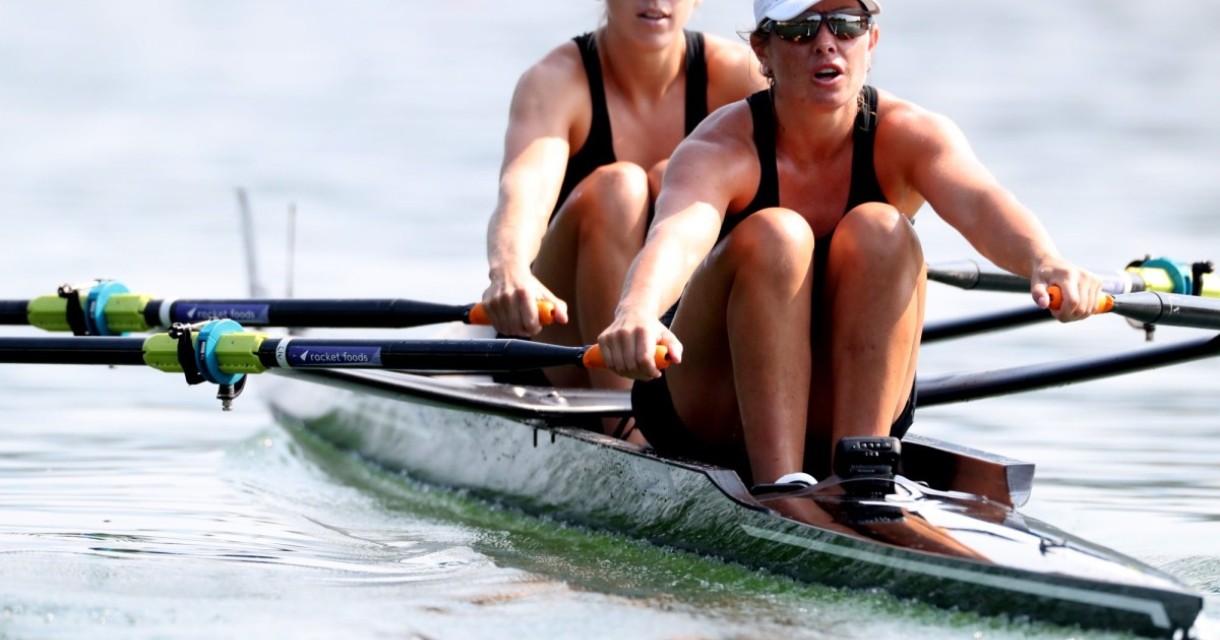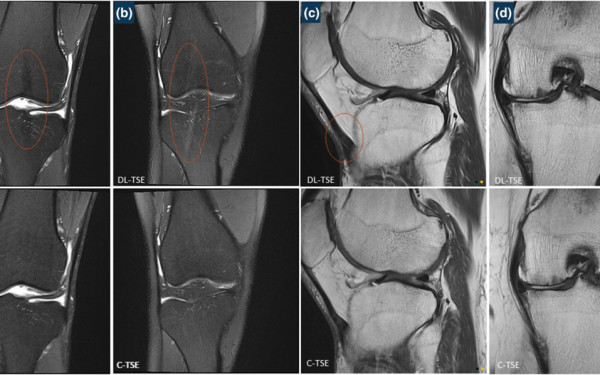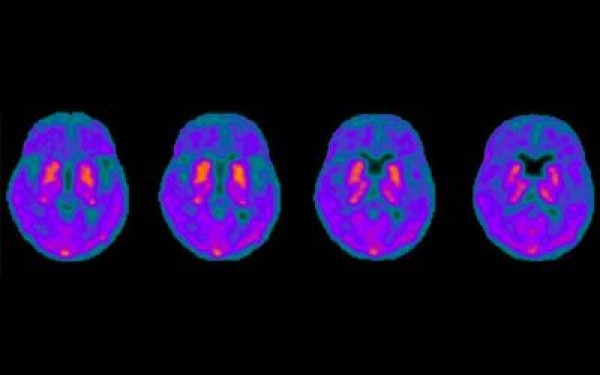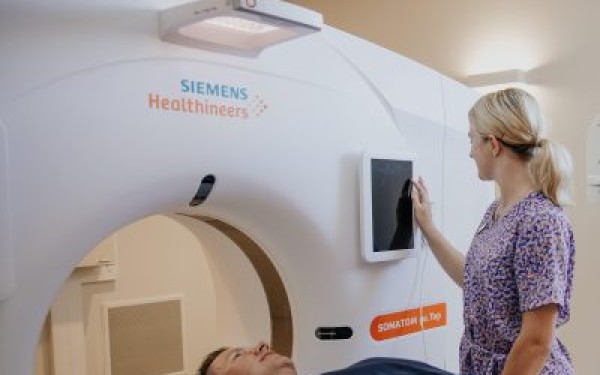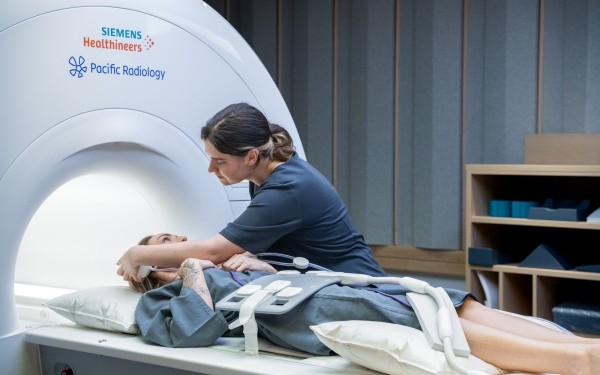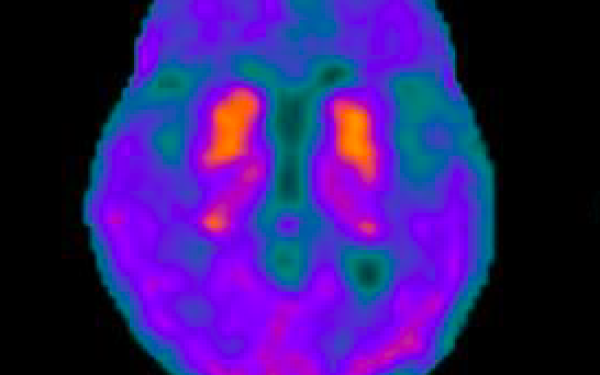We are ecstatic with the performance of the New Zealand rowing team at the recent Tokyo Olympics and proud of Pacific Radiology’s contribution to this historic success. It’s been a pleasure working together with the team for their bone density imaging and biometric assessments which helped determine optimal fitness performance levels for these elite athletes.
Kiwi rowers achieved some tremendous results including gold medals in the men’s eight, women’s single sculls and the women’s coxless pair, as well as silvers in the women’s double sculls and the women’s eight. After discovering that their elite rowers were at risk of severe health problems due to under-fuelling for their athletic output, RowingNZ cultivated a major attitude shift to make sure rowers were eating enough prior to competition. Pacific Radiology’s bone density scanning was integral to this change in mindset around health and wellbeing.
Pacific Radiology provided DEXA scanning for the rowers at different stages of their training and preparation. We scanned both the female and male rowers at least twice as a comparison study starting back in 2018, providing valuable biometric assessments. Being able to accommodate the scans locally to where the athletes train was beneficial as we were able to scan them at a time that fit best with their intensive training.
Monique Graat from Pacific Radiology Hamilton describes PRG’s delight in being involved:
"Our team at Pacific Radiology Waikato has taken real pride in knowing we had a part to play in the rowers’ Olympic success and we watched their races with much anticipation. Knowing we can support the athletes to help them be the best they can and then seeing the results is amazing. They all made New Zealand proud!"
Rowing is a high-intensity, power, endurance sport, where many races are decided by seconds and are highly competitive. We used the biometric assessments to work out if the athletes are fuelling according to the work they are doing. DEXA is a common tool for the assessment of physique in athletes due to its ability to provide quick but detailed body composition estimates.
To ensure appropriate fuelling, the athletes kept a food diary to see how many calories they were consuming, used their watches to calculate their energy expenditure, and used our DEXA scans to determine their fat-free mass - all instrumental in their phenomenal Olympic success.
Christel Dunshea-Mooij, Senior Performance Nutritionist at High Performance Sport New Zealand, agrees that Pacific Radiology’s scans were integral to fuelling the Olympic rowers:
"I believe the collaboration with Pacific Radiology around DEXA scans has been instrumental in the amazing performances, especially for our women’s teams."
According to Christel, ensuring that the rowers were fuelling appropriately resulted in improved mood, less illness, decreased injury rates and, most critically, increased responsiveness to training and subsequent performance.
Christel and Monique agree:
"It was absolutely amazing to be part of such a special moment in history."
